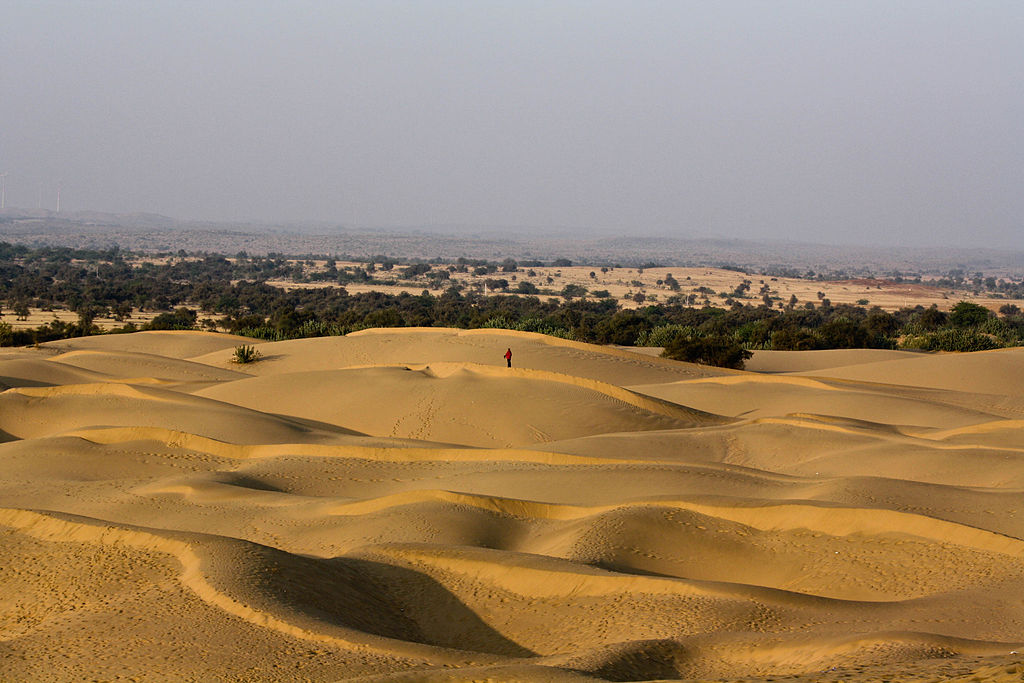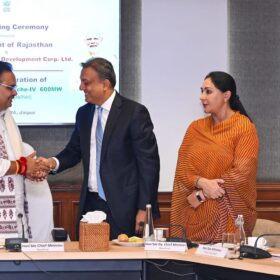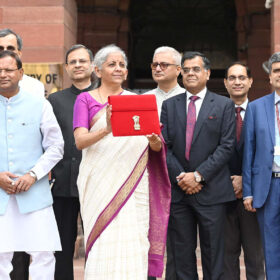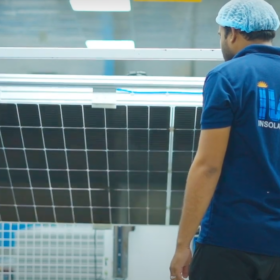Siting solar plants in deserts is seen as the best use of these uncultivable wastelands. However, a recent camel death has raised questions whether deserts are the best place to site solar installations.
The unfortunate incident took place in the Lala village of Jaisalmer district, Rajasthan. On Saturday night, a camel wandered into the plant site in search of food. As the plant workers tried to chase it away, the animal injured itself severely with the sharp-edged angles installed to erect solar panels, reported daily newspaper The Times of India.
The injuries were multiple and so severe that the camel bled to death.
The incident also puts the spotlight on finding ways to ensure co-existence of renewable energy plants with the ecosystem to achieve overall sustainability goal.
Last year, a study by University of California researchers measured the impact of solar installation on desert plants at Ivanpah Solar Electric Generating System, a concentrating solar power plant in the Mojave Desert of California, USA. The researchers said solar projects can negatively impact desert vegetation, a source of food for animals like camels.
Among the different methods used for site preparation, bulldozing (or blading), where layers of earth are scraped away from the site, is the most damaging to cacti, Mojave yucca and other native plants. Mowing also destroys cacti and Mojave yucca, though shrubs were found to recover from it.
The researchers said while there are ways to help conserve native desert plants at solar facilities, it was best to develop solar energy in marginalized lands like urban areas, places where ecosystems are heavily altered, rather than undeveloped desert.
This content is protected by copyright and may not be reused. If you want to cooperate with us and would like to reuse some of our content, please contact: editors@pv-magazine.com.









By submitting this form you agree to pv magazine using your data for the purposes of publishing your comment.
Your personal data will only be disclosed or otherwise transmitted to third parties for the purposes of spam filtering or if this is necessary for technical maintenance of the website. Any other transfer to third parties will not take place unless this is justified on the basis of applicable data protection regulations or if pv magazine is legally obliged to do so.
You may revoke this consent at any time with effect for the future, in which case your personal data will be deleted immediately. Otherwise, your data will be deleted if pv magazine has processed your request or the purpose of data storage is fulfilled.
Further information on data privacy can be found in our Data Protection Policy.